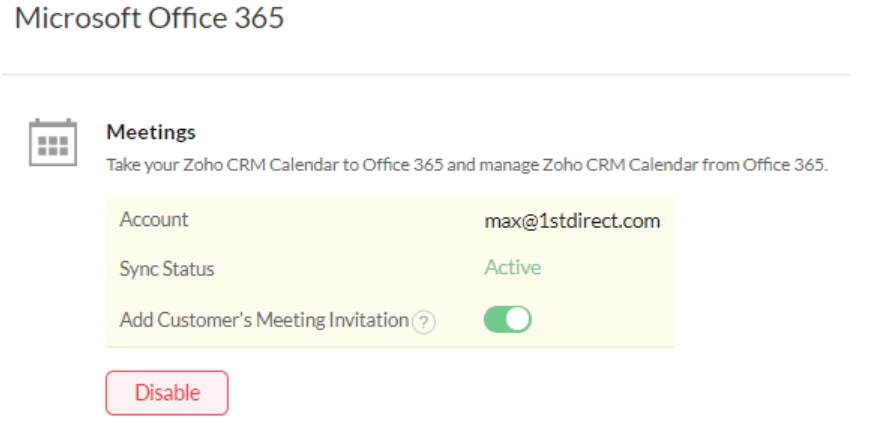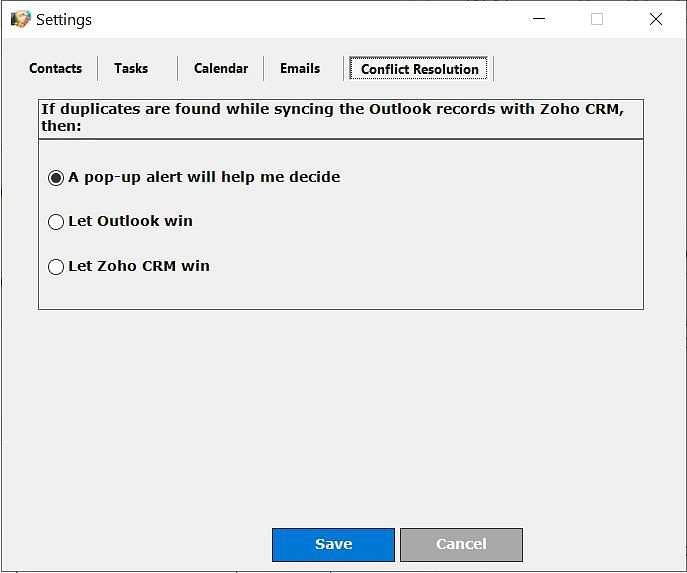

Zoho CRM also lacks support for inbound e-mail, which means that marketing campaigns will be an intensively manual process. The ability to automate escalation based on time-based triggers is also conspicuously absent. Rules-based task assignment is present, but hindered by the absence of queues, an essential feature for large sales and service teams.

It's missing field format constraints that help ensure data integrity (for example, by ensuring that e-mail addresses are formatted properly, that ZIP code and phone numbers contain only digits, and so on). It lacks basic audit logs essential for tracking changes to record. Zoho CRM falls short of enterprise requirements in a number of ways. Ultimately, its features don't go far enough to meet the needs of larger organizations. But while Zoho CRM boasts a feature set that rivals some pricier solutions, it lacks the depth and polish of top-flight competitors. There's little wonder why the product has already garnered so much attention.įurther, AdventNet offers a suite of complementary applications including word processing and spreadsheet, HR, project management, reporting, and invoicing that bring Zoho, on the surface at least, into competition with the likes of NetSuite. The kicker is a sticker price of only US$25 per user per month - a rate well below any other hosted application vendor, and $100 cheaper per user per month than the sultan of SaaS,. Building on a Professional edition that combines sales, service, marketing, and inventory management modules, Zoho Enterprise aims to meet the needs of corporate customers with such features as organizational management (including hierarchical group definitions), role-based security on data access and information sharing, SSL transport, and broader interface customizations.

AdventNet's Zoho CRM Enterprise Edition is a new, low-cost subscription-based SaaS offering that may be impossible to ignore.


 0 kommentar(er)
0 kommentar(er)
